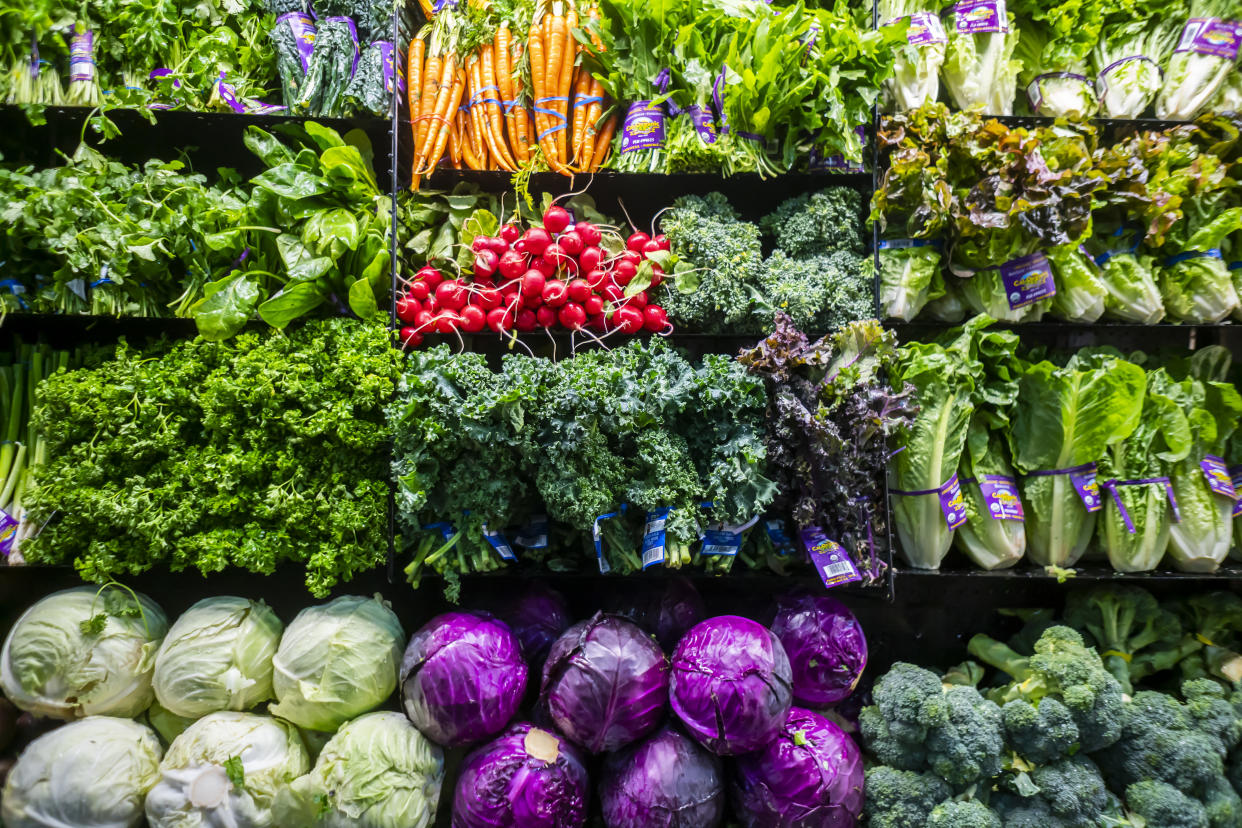Retailers warn UK's Brexit trade plans risk higher food prices

Retailers are warning prime minister Boris Johnson’s Brexit trade plans could lead to higher food prices and reduced stocks in UK shops.
The prime minister wants to leave the single market and customs union by 2021, leaving Britain to strike trade deals around the world and diverge from EU rules.
But a trade body for UK retailers fears that could mean a “mountain of paperwork” and new border checks on goods traded between Britain and the EU. Trade is currently still friction-free as Britain remains under EU rules, as part of a transition deal until the end of the year.
The British Retail Consortium (BRC) said food stocks for UK supermarkets and other shops could be at particular risk. Many retailers rely on just-in-time supply chains across the continent, with more than 80% of all food imports reported to be from the EU.
The UK government and the EU hope to strike a trade agreement this year, agreeing not to impose tariffs or quotas on the other side’s goods. But EU officials insist a zero-tariff, zero-quota deal depends on Britain signing up to EU standards, which Johnson has so far refused to do.
Read more: Uncertainty over UK budget date as Johnson tightens grip on Treasury
Retailers are demanding Johnson secures a zero-tariff agreement, but warn trade will not be frictionless and the economy will take a hit even if a deal is reached.
Some non-tariff barriers, which in some cases can prove just as if not more disruptive than tariffs, are expected whatever deal is agreed. Firms may have to deal with new paperwork on issues such as VAT and excise duties, freight rules, health standards, exit and entry declarations and safety permits, according to the BRC.
Helen Dickinson, chief executive of the BRC, called on the government to secure a deal that at least keeps new trade bureaucracy and physical border checks as minimal as possible. The group hopes “pragmatic solutions” can be found with the EU.
“The introduction of excessive or avoidable checks would mean businesses face a mountain of paperwork to be filled out by an army of newly trained staff, coupled with exhaustive checks on thousands of lorries every day. And the result for consumers would be higher costs and reduced availability on the shelves,” said Dickinson.
Read more: UK ‘deterring skilled workers’ as immigration plans to be unveiled
Trade groups also worry the government and firms are simply not prepared for the scale of the change in less than a year’s time.
New systems and IT software need to be launched. Customs officers and border staff need to be hired and trained. Border checkpoints and holding facilities for need to be constructed for vans awaiting checks, particularly at Dover and Folkestone, according to the BRC. “The government has no time to lose,” added Dickinson.
It comes as a separate survey showed UK manufacturers’ export orders weaken for a second quarter in a row in the last quarter of 2019. Adam Marshall, director of the British Chambers of Commerce, which ran the survey, said exporters were already suffering the impact of Brexit uncertainty.
Marshall firms still needed “clarity” on Britain’s future trading relationship with Europe despite the decisive election result.
Watch the latest videos from Yahoo Finance UK


